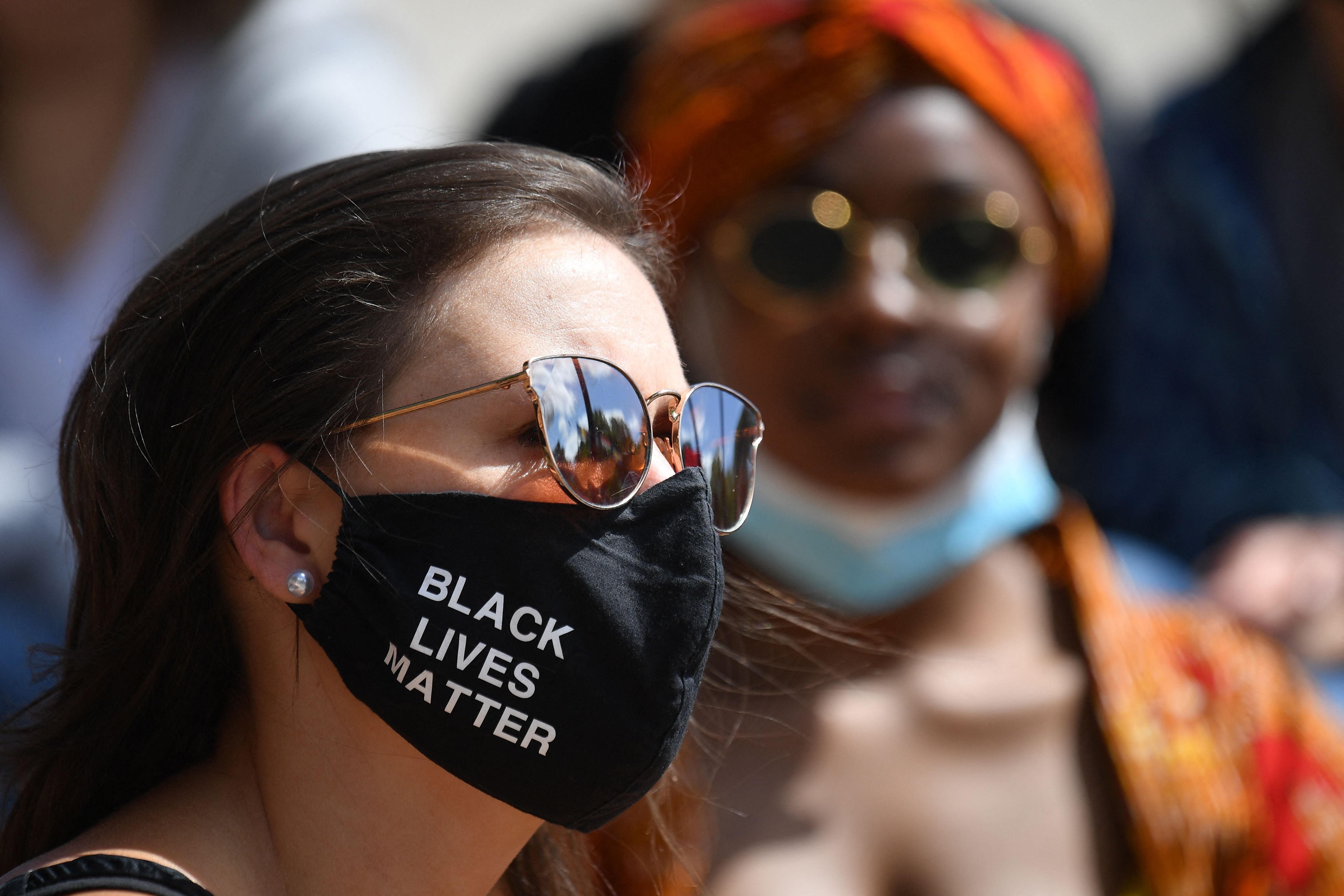
Black Lives Matter UK (BLMUK) has begun the process of releasing the second round of funding from its £1.2m fundraiser to grassroots Black equality groups around the nation.
The anti-racism group will disperse a total of £350,000 through two separate funds: the Development Fund and the Impact Fund which applicants are being encouraged to submit applications to via its website.
Last February, some £170,000 was distributed to 14 groups including African Rainbow Family, United Voices of The World, and Sistah Space in Hackney, London’s only specialist domestic violence service for Black women.
The money was raised amid the global protests in the wake of George Floyd’s murder in 2020, where BLMUK pledged to give half of that money (£570,000) to organisations that work towards “Black liberation”. An additional £50,000 will be made available in 2023.
“Fundamentally, we want organisations who are working towards Black liberation to get resources that can support their work,” a BLMUK spokesperson told The Independent.
“We think this is really important for small organisations too. We want to support groups who are working towards our priority themes: Black Futures, Transforming Education, Black Arts & Culture, Defunding the Police – Investing in Communities, and Ending the Hostile Environment and Border Controls.

“We are also prioritising work that addresses multiple types of oppression – for example, Black organisations led by and for poor and working-class people, people living in the most disadvantaged areas of the UK, LGBTQIA+ people, women, and disabled people.”
The remainder of the money will be kept by BLMUK to develop projects which will benefit communities in the longer term, a spokesperson said.
Scrutiny
The rhetoric of self-professed ‘Black Lives Matter’ critics often inaccurately presents numerous financially and functionally independent BLM groups and factions based in the US, UK and other parts of the world, as one organisation.
Some individuals have conflated the ‘Black Lives Matter’ slogan with the idea that those who rally behind it seek to bring about sociopolitical ruination as opposed to racial equality.
Moreover, some media commentators and politicians have falsely described “Black Lives Matter” as a singular, “Communist” entity; one peer argued in the House of Lords that Britain’s enemies have been empowered by the country “caving into left-wing issues such as Black Lives Matter”.
“’BLM’ is a decentralised grassroots movement made up of different organisations, groups, and individuals around the world who have chosen to take up the same recognisable slogan; people often think that we are connected,” a BLM UK spokesperson told The Independent.
Heightened political scrutiny is something that BLMUK say they’re acutely aware of, though.
“Black people who are seen to pose a threat to the current order of things are invariably scrutinised and attacked,” they said.
“We see this, time and again, and some Black activists are also targeted by parts of the mainstream press.”
In the summer of 2020, BLM UK started a GoFundMe campaign to support its work and received over £1.2m in donations from over 36,300 people.
Around the same time, some people within the UK’s Black communities raised concerns about a perceived lack of transparency from BLMUK following a delayed statement of intent from the group about how the cash would be spent.

In September, BLMUK was registered as a community benefit society under the name Black Liberation Movement UK by academic Adam Elliott Cooper, PhD student Alexandra Kelbert and Lisa Robinson, a director of a Nottingham-based social enterprise.
This gave it legal status under the Financial Conduct Authority.
“I think there is also understandable anxiety about funding decisions from within the Black community,” the BLMUK spokesperson said.
“We think it's really important to listen to what we can do better. Before this funding round, we also consulted with groups across the Black community to hear how we can improve transparency, and have responded to this.
“This is why we have tried hard to produce really clear application guidance for groups, and want to publicise this funding round really widely, so that as many people can apply as possible. We think everyone should know that the fund is open, know how decisions are being made, and be aware where the money eventually goes.”







